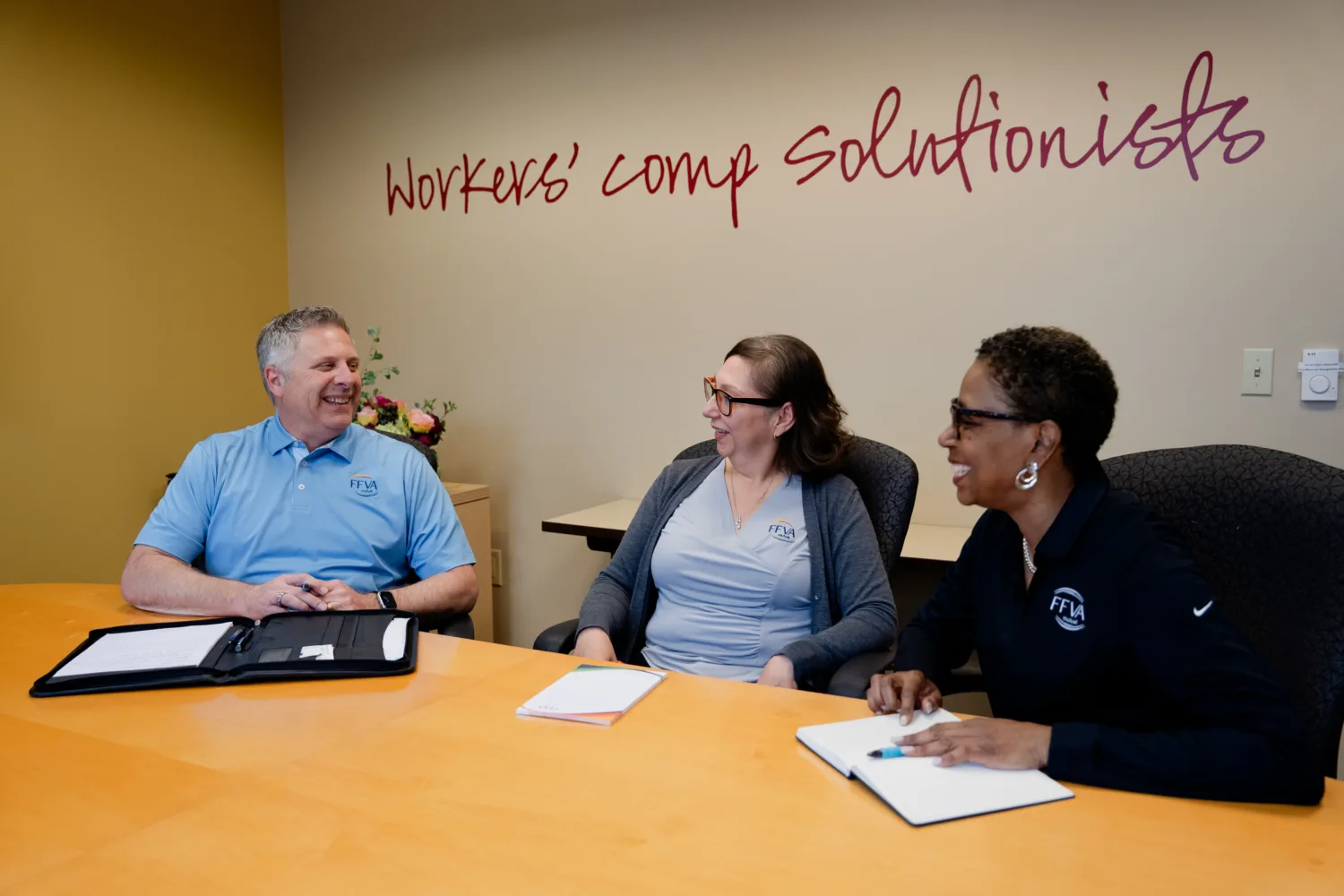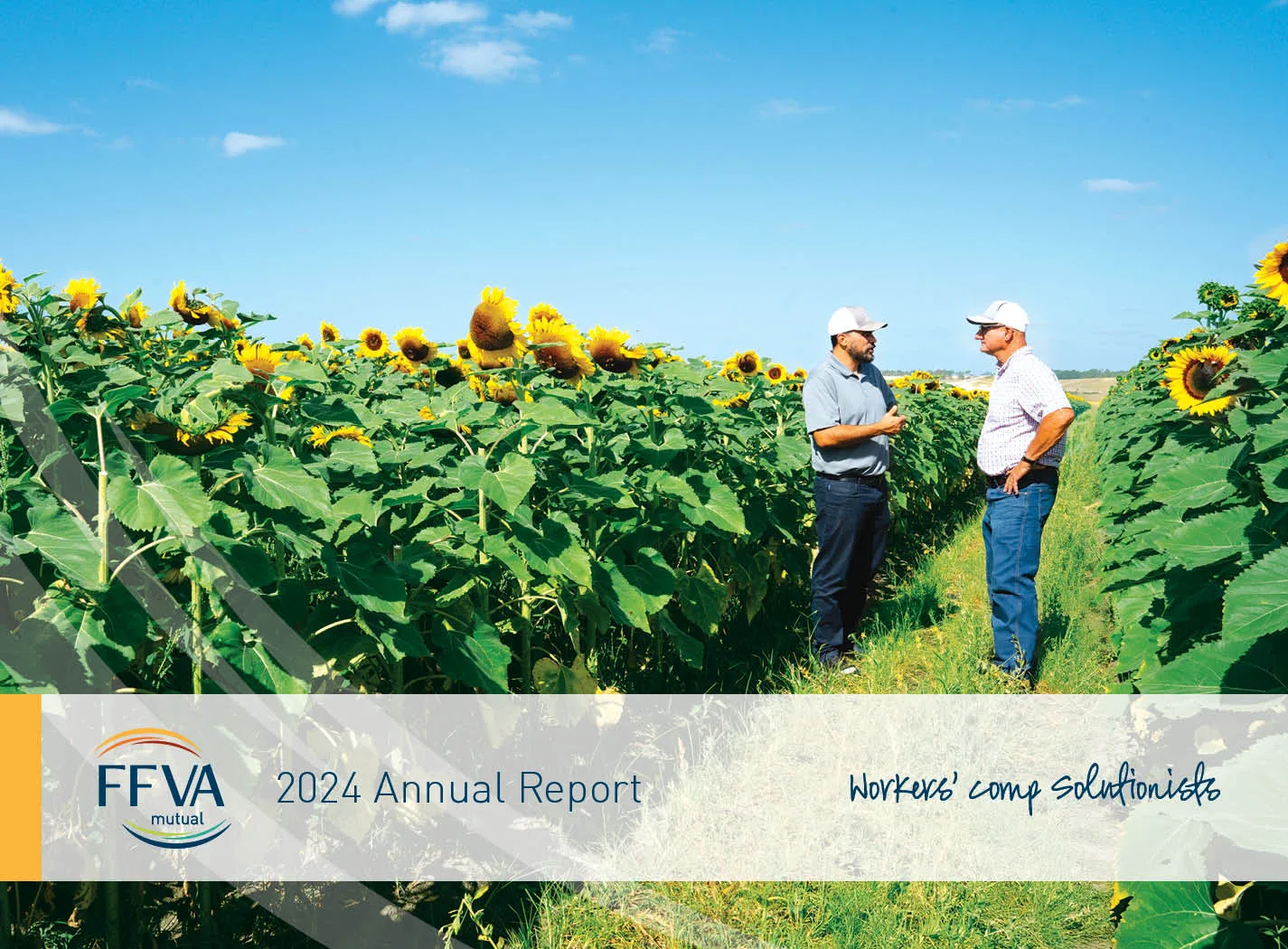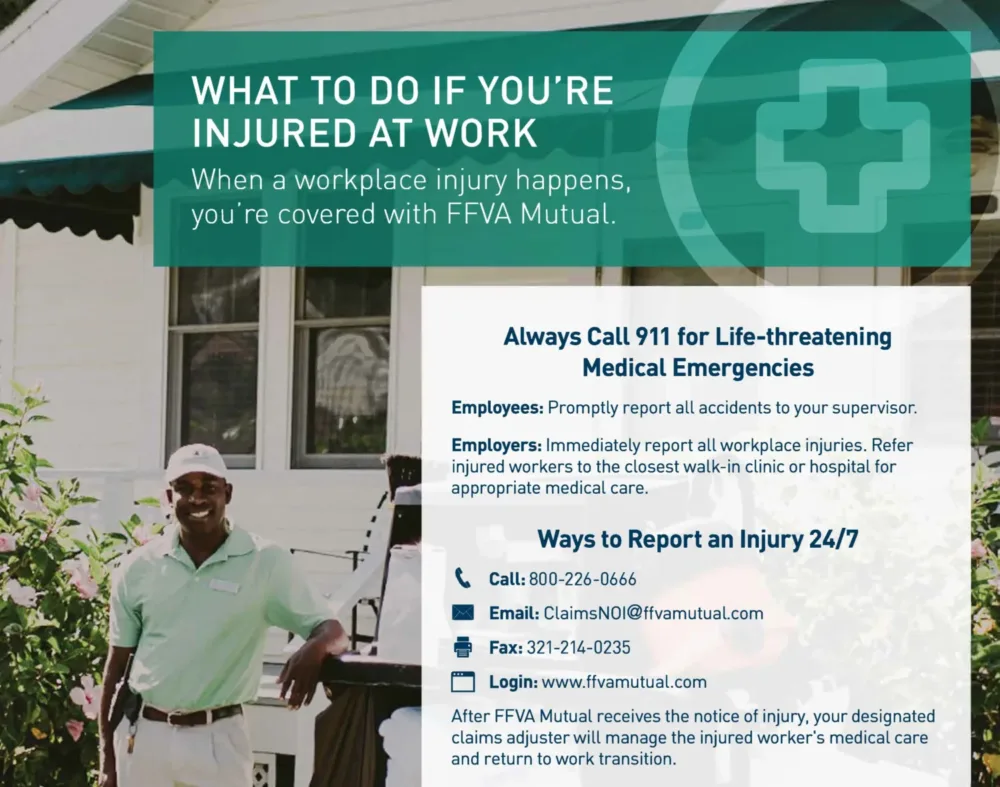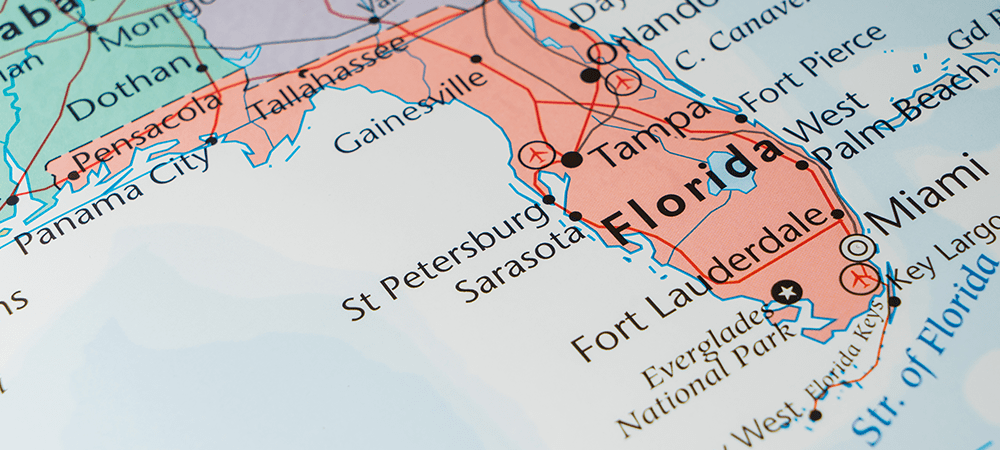How Much is Workers’ Comp in Florida?
Many employers have questions about Florida Workers’ Compensation Insurance. Workers’ compensation is a vital resource for business owners around the United States, and each state has different rules and regulations that govern who needs to be covered, where you can obtain a policy, and how much it will cost. In the State of Florida, most businesses with four or more employees are required to carry workers’ comp insurance, though there are some exceptions. If you are an employer in the State of Florida, the best way to protect your employees and avoid costly penalties is to stay compliant with all in-state guidelines, which are centrally managed by the Florida Department of Financial Services. To save you time, let’s review some of the important workers’ comp details that every Florida employer should know.
How to Tell If Your Business Needs Workers’ Comp in Florida
According to the Florida Division of Workers Compensation (DWC), coverage requirements are based on a business’ industry type and the number of workers it employs. Here are some of the key guidelines employers should consider:
- Non-construction industry: Businesses outside the construction industry must purchase workers’ comp insurance if they staff four or more employees, including business owners who act as corporate officers or Limited Liability Company (LLC) members. Sole proprietors are not considered employees unless they want to be included in a business’ insurance policy and file a form with the DWC.
- Construction industry: Any company operating in the construction industry that has at least one part- or full-time employee is required to obtain workers’ compensation, even if the only person on-staff is a corporate officer or LLC member.
- Agricultural industry: Business owners who work in agriculture must secure a workers’ comp policy if they have six or more regular employees or at least 12 seasonal workers.
- Contractors: Florida law requires all independent contractors to ensure their subcontractors have workers’ comp insurance before the start of each project. If a subcontractor does not have a workers’ compensation policy, you can be held financially responsible for any workplace accidents that involve their employees.
When it comes to workers’ compensation, employers have a number of obligations to their employees under Florida law. They must file a claim with their insurance provider as soon as the employee reports an injury to dispense workers’ comp payments when needed. They must also stay in constant contact with both the employee and the insurance adjuster to formulate appropriate timelines for returning to work and continued payments. They must also keep accurate, up-to-date records on all workplace injuries and submit this information to the appropriate bodies.
Generally speaking, almost all employers that do business in the state of Florida should provide their employees with workers’ compensation benefits. Without a comprehensive policy, business owners would need to pay an injured worker’s medical bills and lost wages out of pocket, which can significantly impact their profitability in the long term.
The Reputational Advantages of Workers’ Compensation
There are several non legal reasons for employers to invest in a comprehensive workers’ compensation package. Workers’ comp coverage is a benefit of employment that can help attract (and retain) top talent from the labor pool.
Job recruitment is a major source of strain for many companies, but by competitive fair workers’ compensation benefits in exchange for work, businesses demonstrate that they care about the health and well-being of their employees, even if it costs them a little extra. This can give businesses a major leg up on competitors in a tight labor market.
When it comes to hiring and retention, employers should pair their workers’ comp benefits package with a robust safety training program to demonstrate their full commitment to safeguarding the health and safety of their employees. This helps demonstrate that their workplace is caring and safe, further bolstering hiring and retention efforts and increasing employee engagement across the organization
How Much Does Workers’ Compensation Cost in Florida?
Florida has a private workers’ comp insurance market, so business owners can purchase a policy from any carrier or agency that is licensed to write in the state. Because insurance premiums are mandated, there isn’t much cost variability among insurance companies. The premium you receive is based on a manual rating process that considers your employees’ job duties and classifications, which help carriers, determine your risk exposure.
Other factors that influence your workers’ compensation premiums, according to Forbes, include:
- Company size: Insurance companies typically use payroll as a proxy for determining company size. The more staff employers have on their payroll, the greater the coverage needed to meet employers’ legal requirements. As a result, larger companies usually have higher workers’ comp premiums than small businesses.
- Industry and type of work: Some industries are more prone to work-related injuries than others. Employees that spend large portions of their day lifting heavy materials or putting their bodies in potentially hazardous environments are more likely to be injured than those who work at a computer most of the day. Employers in riskier industries typically pay higher workers’ comp premiums.
- Number of workers’ comp claims: Workers’ comp providers are risk averse and want to understand a company’s complete risk profile before dispensing coverage. Businesses with a long history of workers’ comp claims likely have hazardous work environments that could lead to several more injuries in the future, causing their premiums to go up.
Workers’ comp providers in Florida establish base rates for each class code based on the recommendations of the National Council on Compensation Insurance (NCCI). Once your base rate is confirmed, your insurance carrier will multiply that figure by your payroll and experience modifier. If you’re signing up for workers’ comp for the first time, you’ll be asked to provide an FEIN number, an official employee count along with their payroll amounts, description of operations, job duties and the physical address of your place(s) of business.
Reducing Your Workers’ Compensation Insurance Cost
There are a number of steps you can take to reduce your workers’ compensation costs, both before an accident takes place and after an employee is injured. These include:
Preventing Injuries in the Workplace
Preventing a workplace injury before one happens in the first place is the best way to keep your workers’ compensation costs down.
Because workers’ comp premiums are partly determined by how safe (or unsafe) your workplace is, you’ll need to stay on top of potential job-related hazards to mitigate the likelihood of injury. To do so, conduct a job hazard analysis to understand the risks each of your employees face with respect to their specific job functions. Once you’ve identified those hazards, you can put the proper safeguards in place to reduce the chances of a workplace injury.
You should also invest in a robust workplace safety training program. Start by implementing trainings recommended by OSHA and then move to customized training topics that are tailored to the needs of your workplace.
Smooth and Safe Return-to-work Plans
There are also important steps employers can take to reduce costs associated with workplace injuries after an accident has taken place. Employers should engage with each injured employee and their medical provider to create an appropriate, job- and employee-specific return-to-work (RTW) plan that helps the injured worker transition back to their job as quickly and safely as possible.
A good RTW plan involves carefully reviewing the injured employee’s medical situation and their specific job functions to create appropriate benchmarks for a transitory return to the job. Employees should gradually return to work as their condition improves, starting with low-stakes work before moving back to more involved tasks.
Not only does this process help prevent excessive disability costs, it might also allow employers to put their most experienced employees back on the job, keeping production and efficiency costs associated with inexperience to a minimum.
Make Safety Training a Priority With FFVA Mutual
FFVA Mutual gives policyholders access to a comprehensive set of training courses that includes short videos, in-person sessions and interactive webcasts. While in-person sessions are the best way to engage with our Solutionists and gain real-time feedback about progress and safety topics, webcasts and short videos give employees the flexibility to undergo training in their own time at their own pace.
FFVA Mutual also provides train-the-trainer frameworks to empower employers to lead their own training sessions in a way that fits the needs and requirements of their companies. From fire safety to distracted driving, employers can select training topics that make the most sense for their workplaces. Whatever the safety challenge, the Solutionists at FFVA Mutual are ready to help!
Workers’ compensation can be complicated, but FFVA Mutual is here to help!
If you’d like to learn more about how Florida’s laws and regulations impact your business, visit our Employer FAQ or state forms resource page.






























